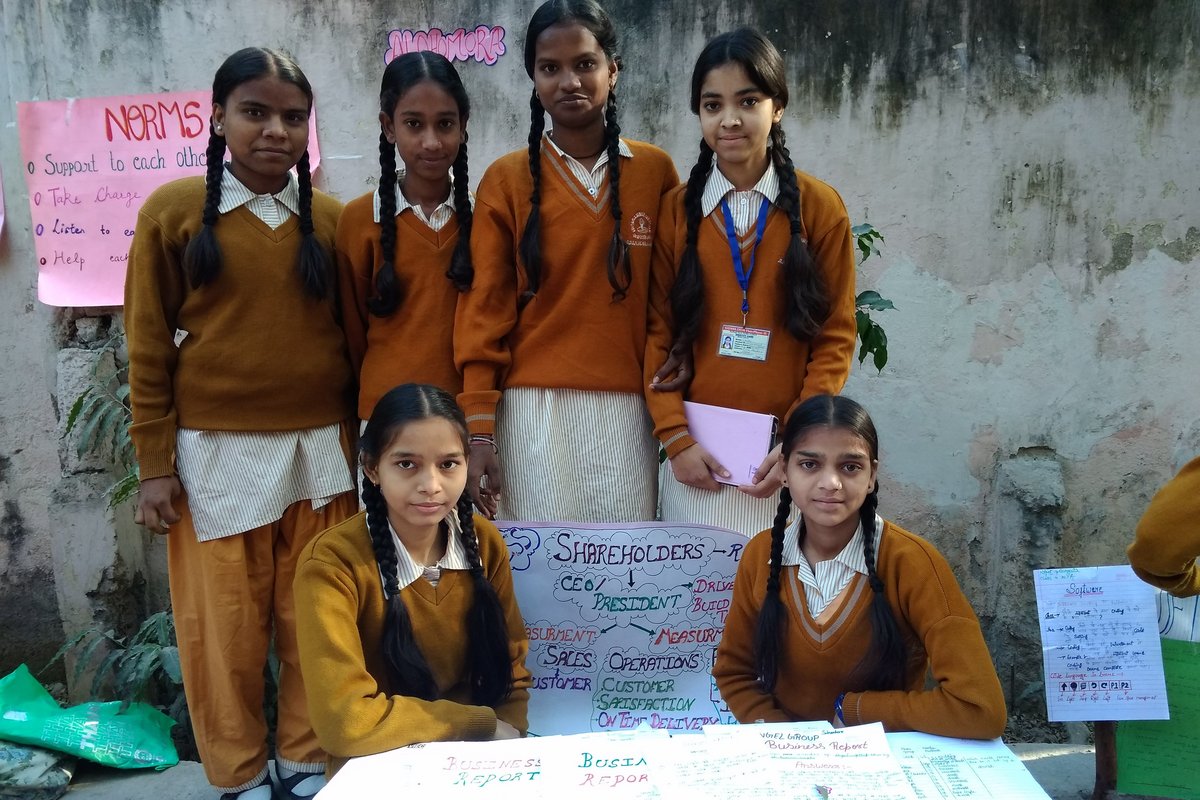Project Description
Aims and central research questions
Rigid gender norms can constrain women’s choices and actions in terms of not pursuing their education, preferred career objectives and not taking up economic opportunities. This affects them both personally and professionally leading overall to gender-based economic and social inequalities. One way to overcome gender-based inequality is when some women (or men) start bending these norms and influence others in their community. For instance, professional working women can inspire other women to take up opportunities and change people’s views on women’s role in the society. We use empirical methods – observational and experimental – to examine whether and how prevailing gender norms and associated gender gaps can be alleviated in the Indian context with a particular focus on adolescents. We collaborate with local organizations in urban and rural areas to jointly develop interventions and assess their impact on prevailing gender gaps and gender attitudes.
Background
Gender equality is an important determinant of economic prosperity. It leads to better outcomes for women and contributes to economic growth showing important benefits for the society as a whole. Despite these benefits from gender equality, many countries in the world perform very low on gender equality indicators especially in terms of economic opportunity and labor force participation of women. Ranked 5th from the bottom, India is one such country with only Pakistan, Yemen, Syria and Iraq performing worse in the international comparison for the Global Gender Gap Report 2020. Female labor force participation was 20% compared to 75% male labor force participation in 2019. One common explanation for India’s low performance on gender indicators is that women are constrained by rigid norms due to reasons including male identity loss, safety concerns, opportunity cost of childcare, perceived societal concerns and patrilocality.
Methods
- Empirical analysis of existing secondary data sources
- Qualitative research in the form of interviews and focus group discussion
- Field experiment: Randomized controlled trial with primary data collection before and after an intervention
- Online experiment on a matrimonial website
Disciplines
Economics, Politics & Public Administration, Impact Evaluation
Starting Date
May 2021
Project Partner
Inclusion Economics India Centre at the Krea University
The Inclusion Economics India Centre, based at IFMR/Krea University, works closely with Inclusion Economics at Yale University to conduct data-driven research and engage with the policy community in India to inform and promote evidence-based dialogues on economic and social inclusion. Find more information about the Inclusion Economics India Centre here.

